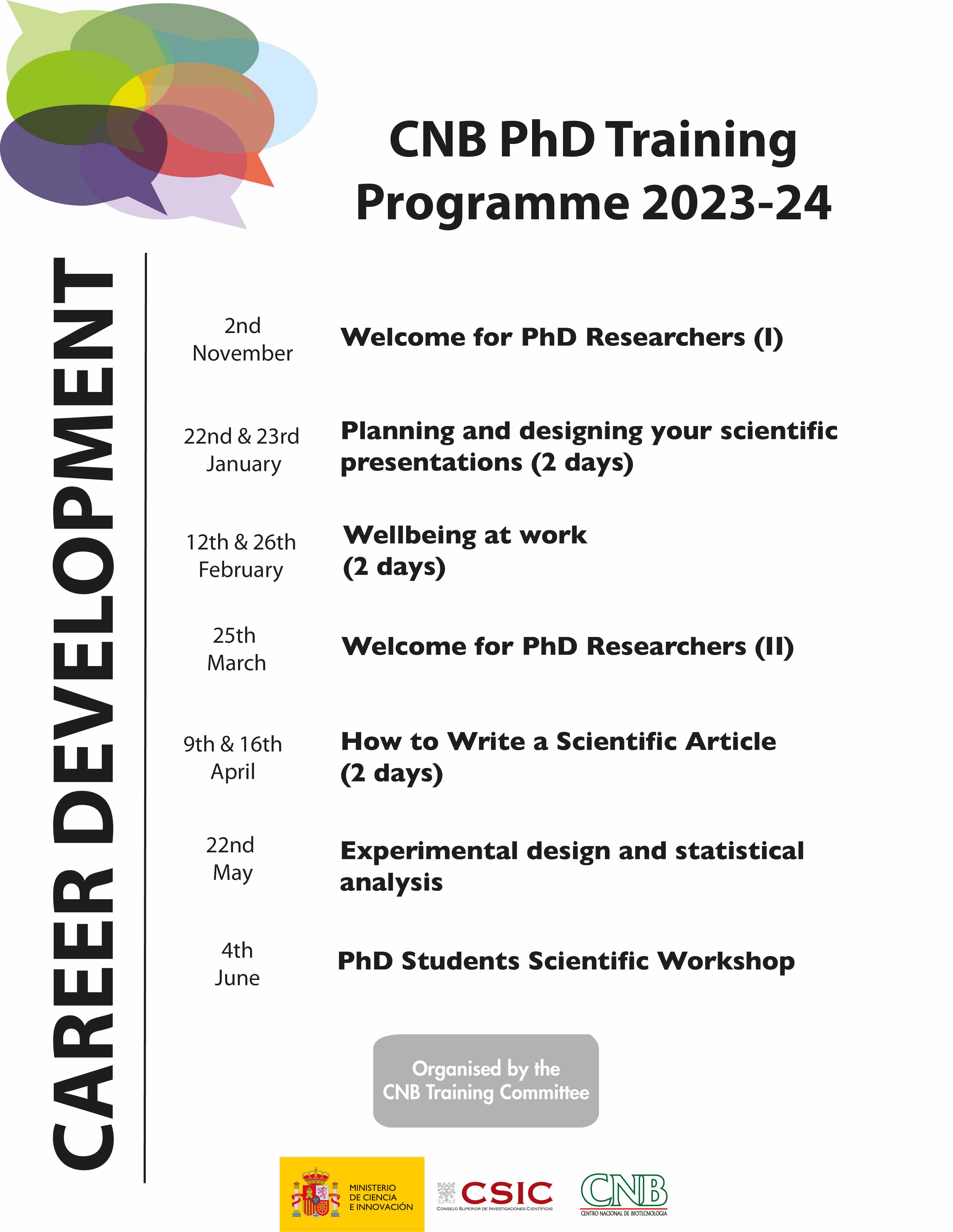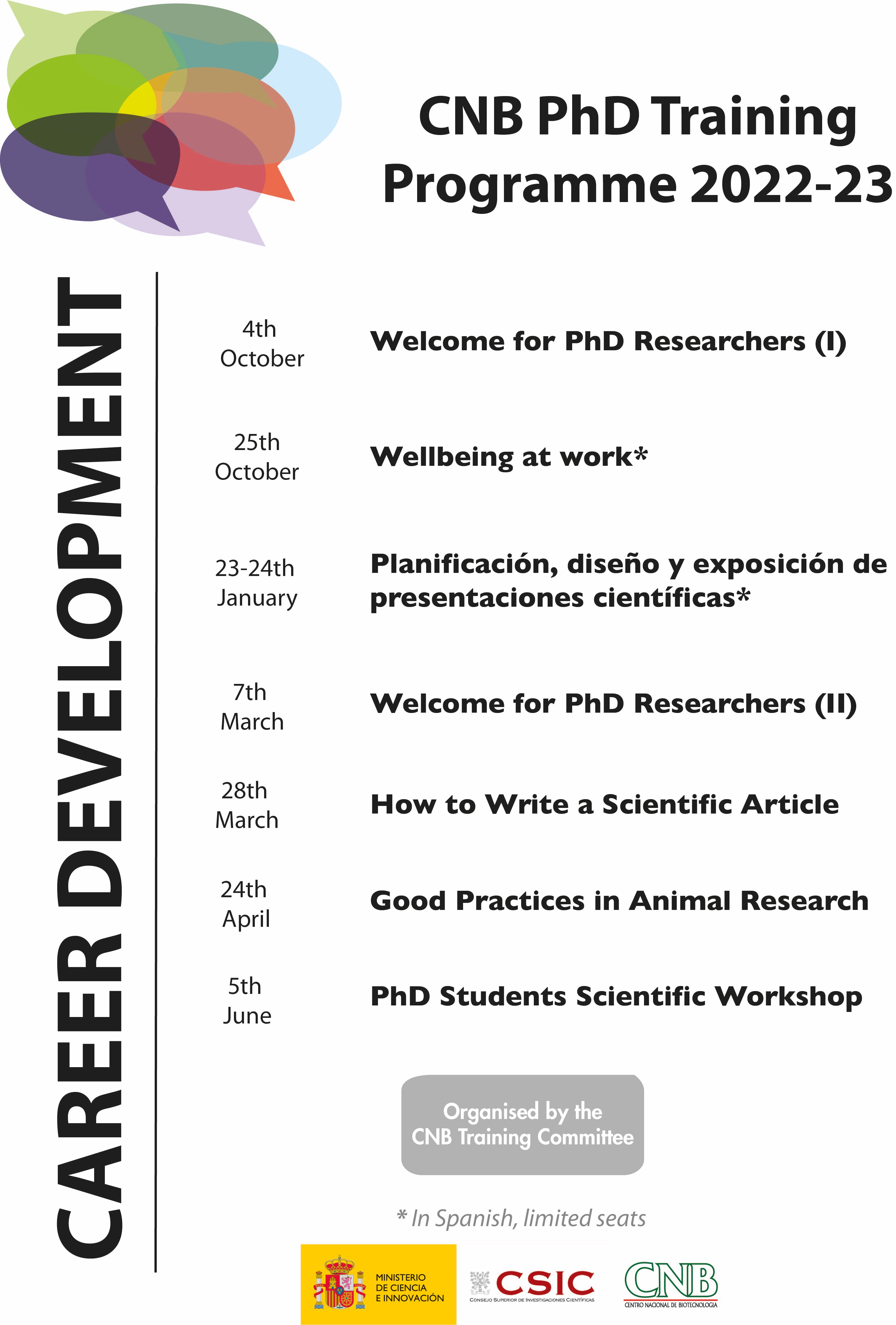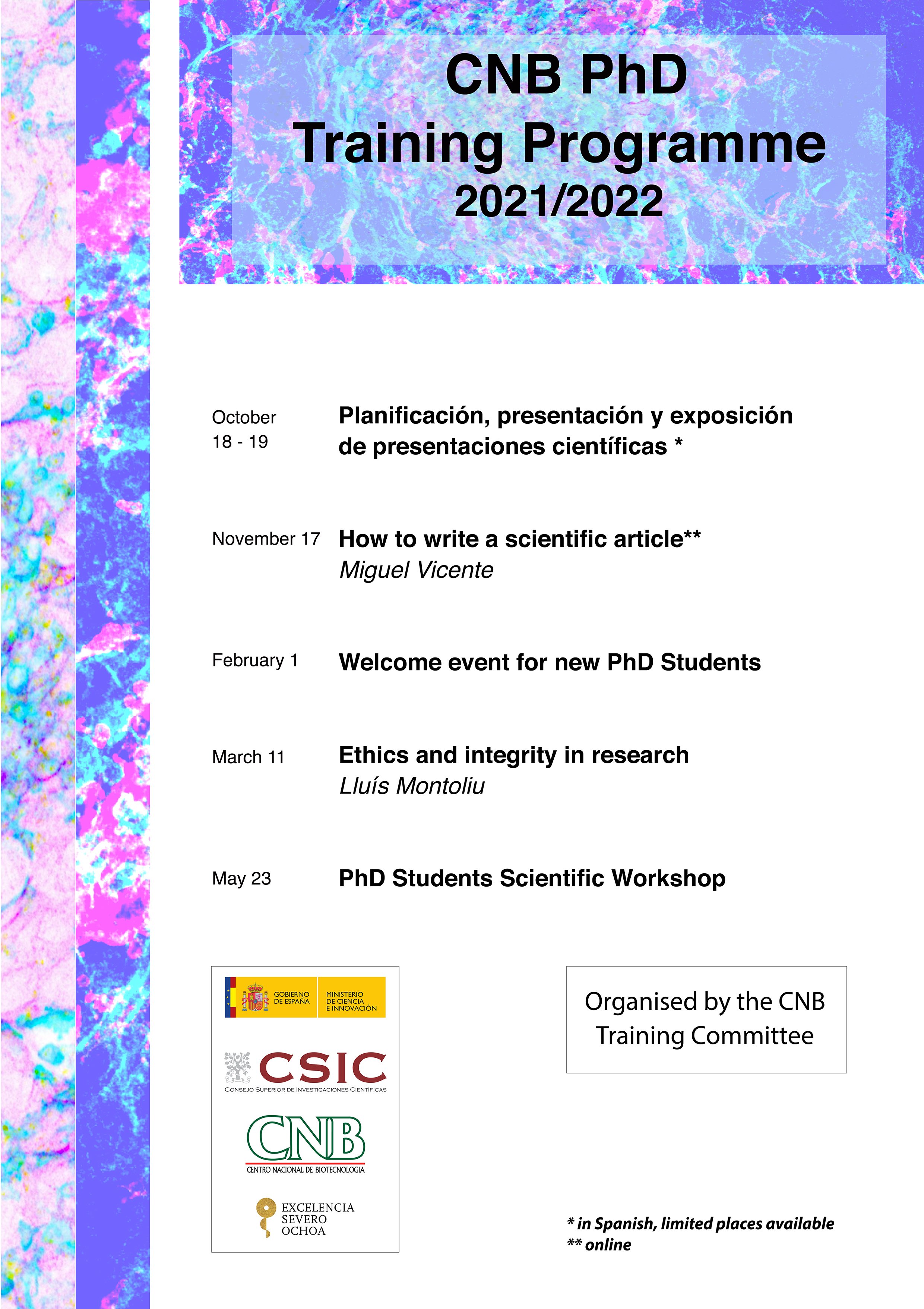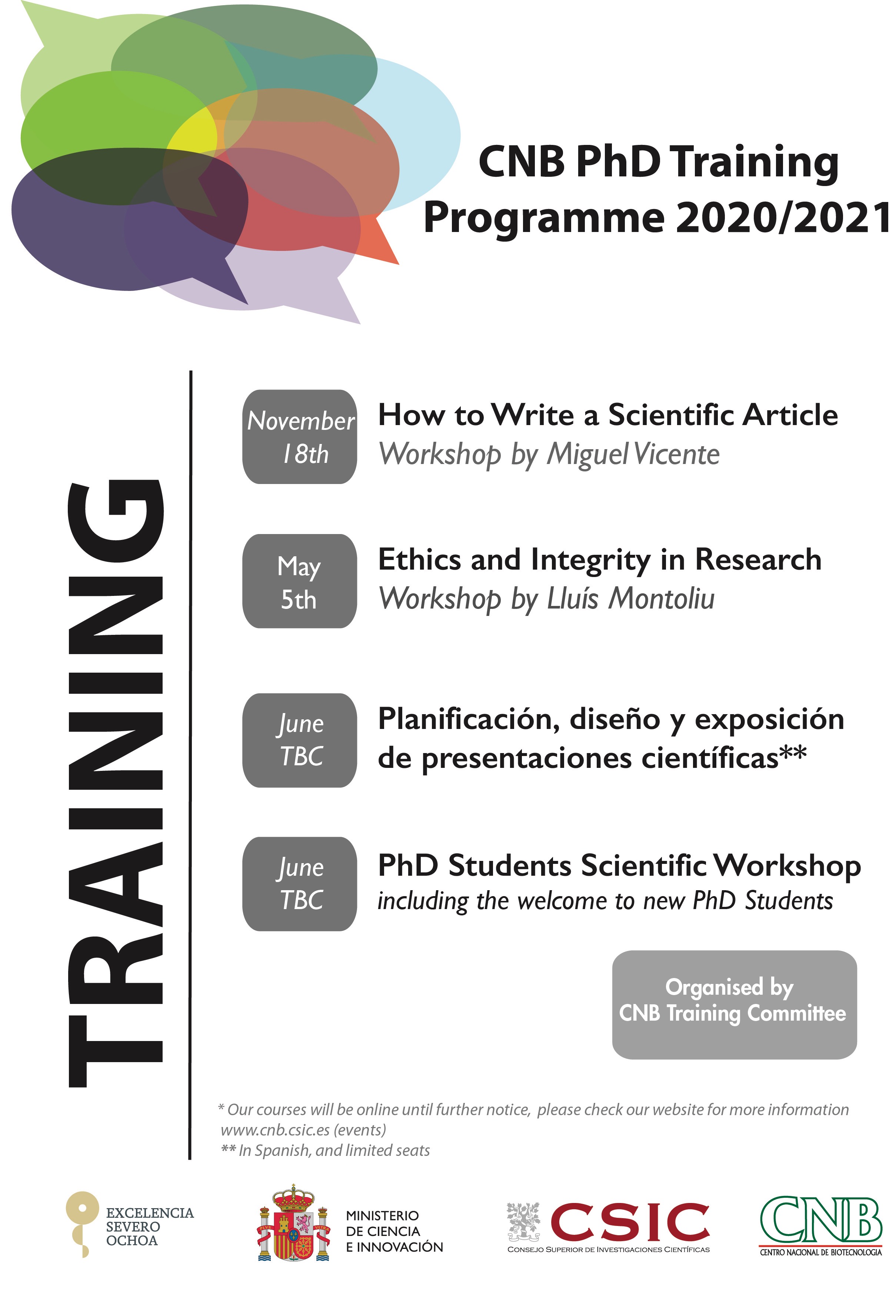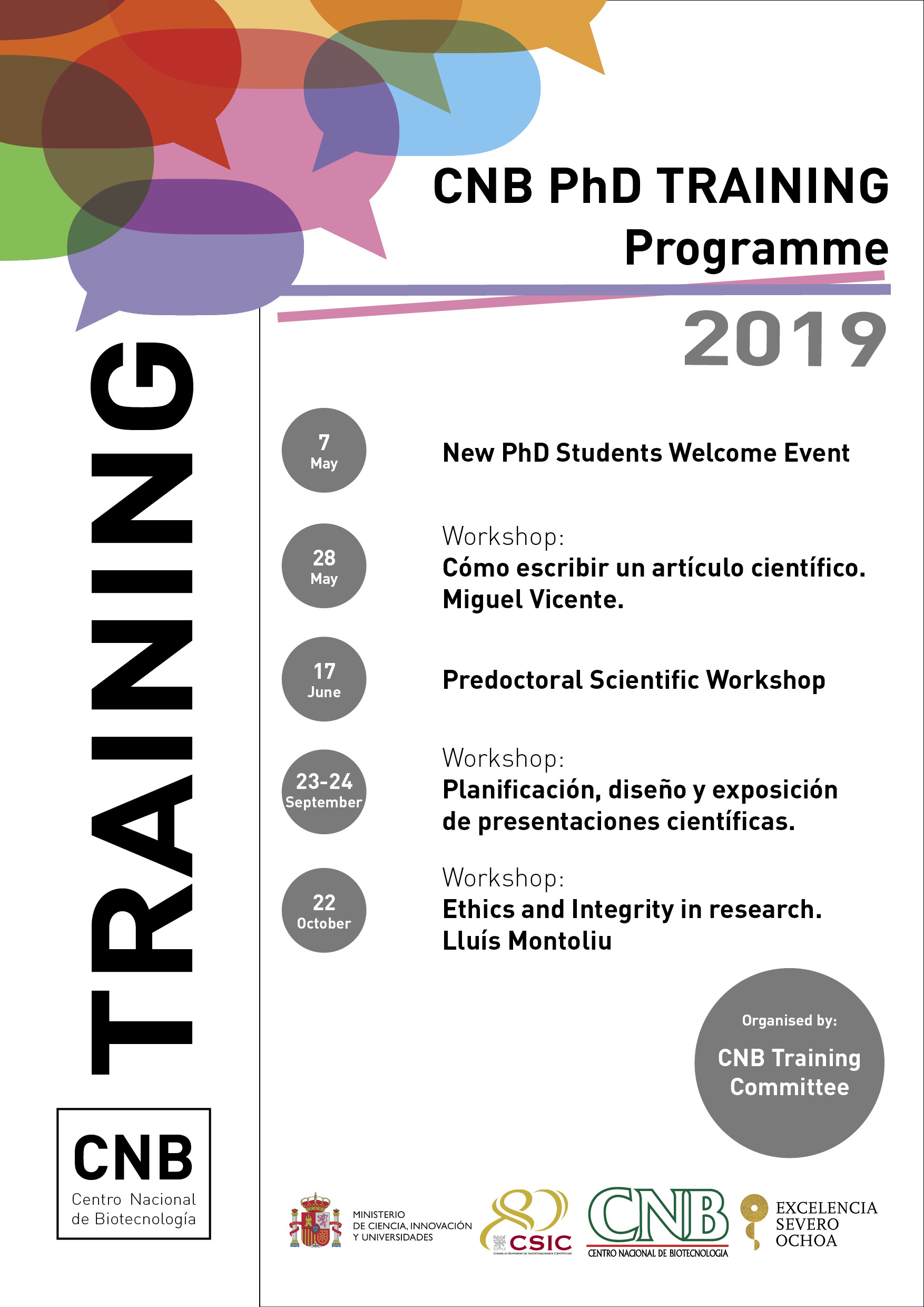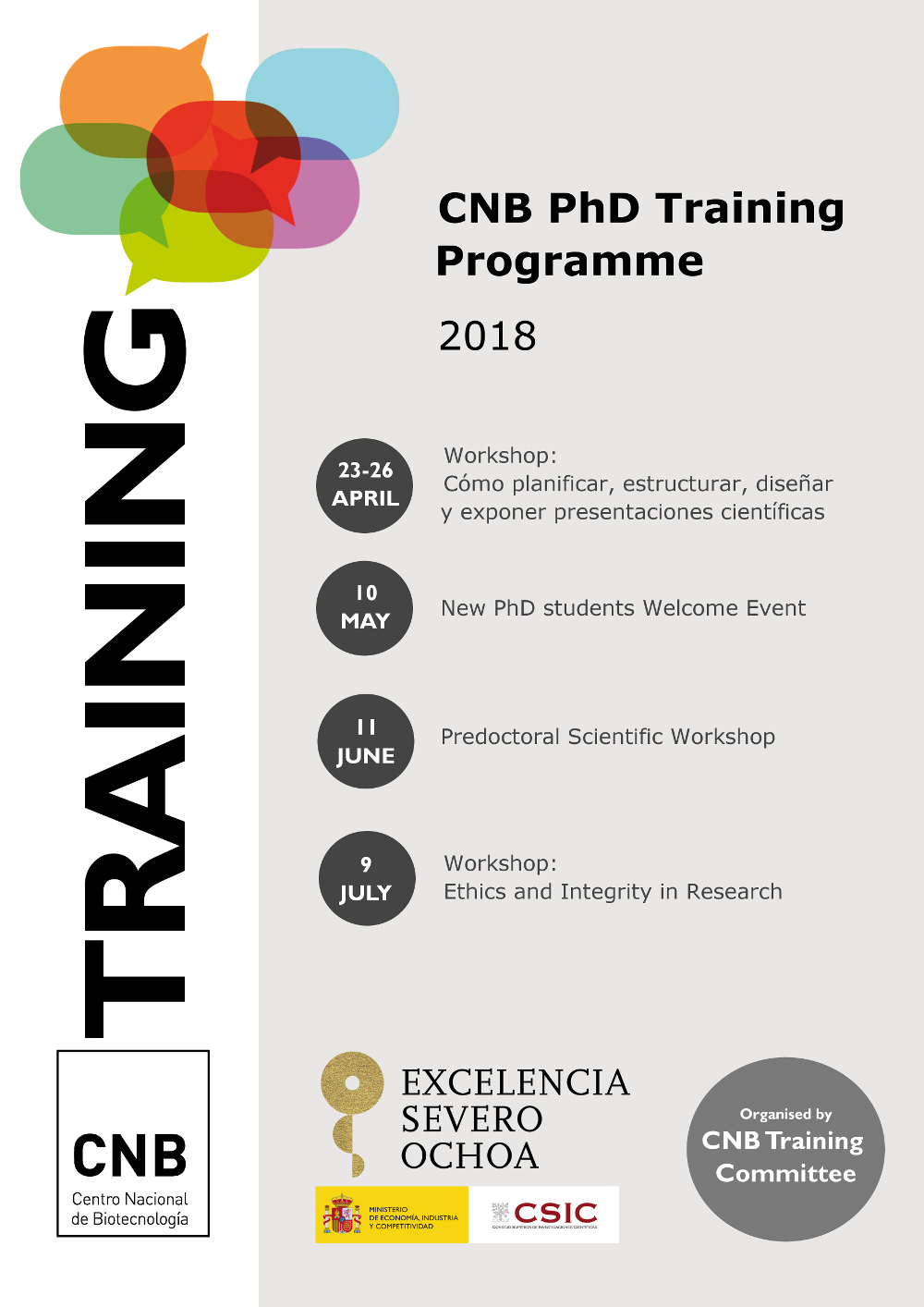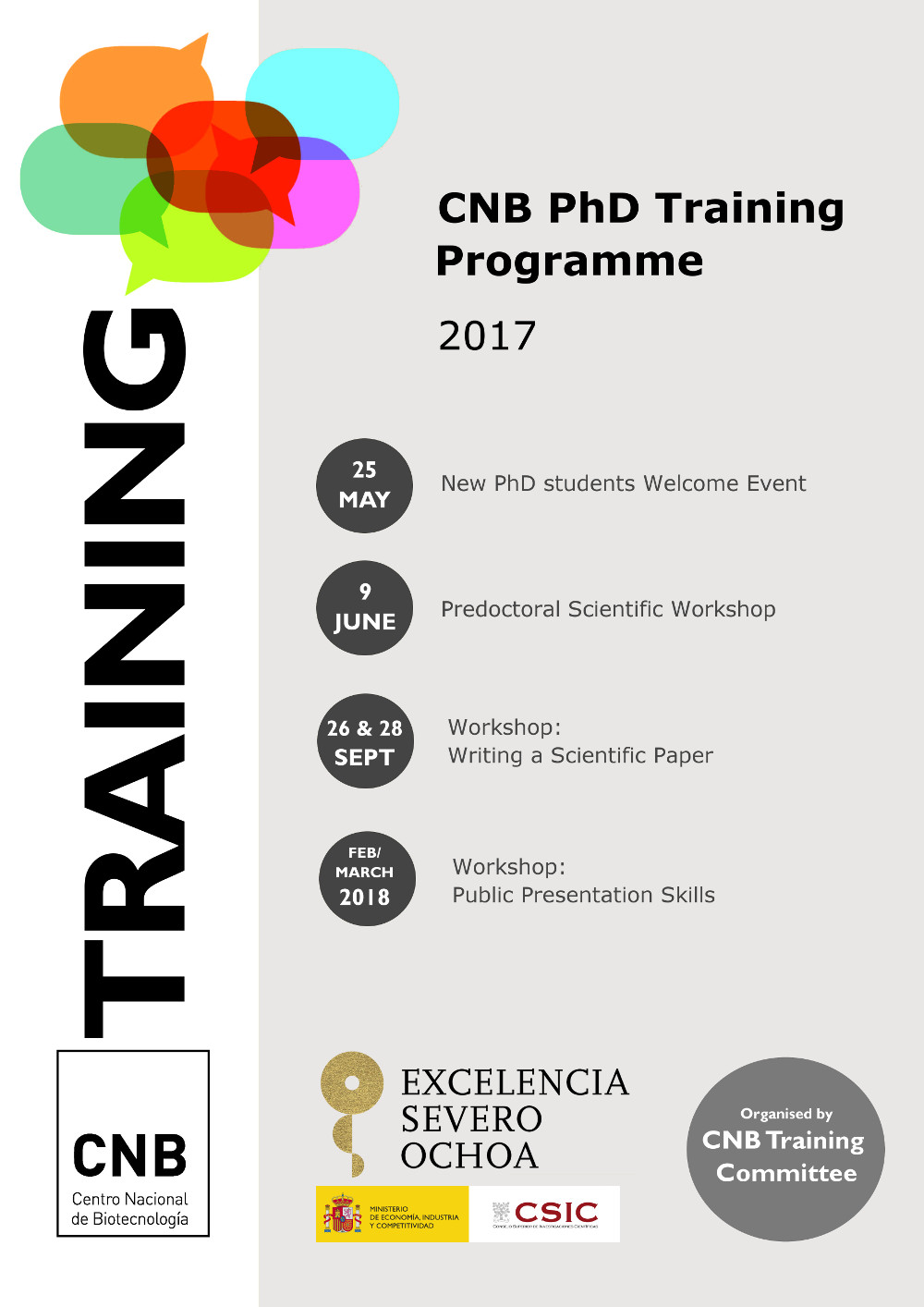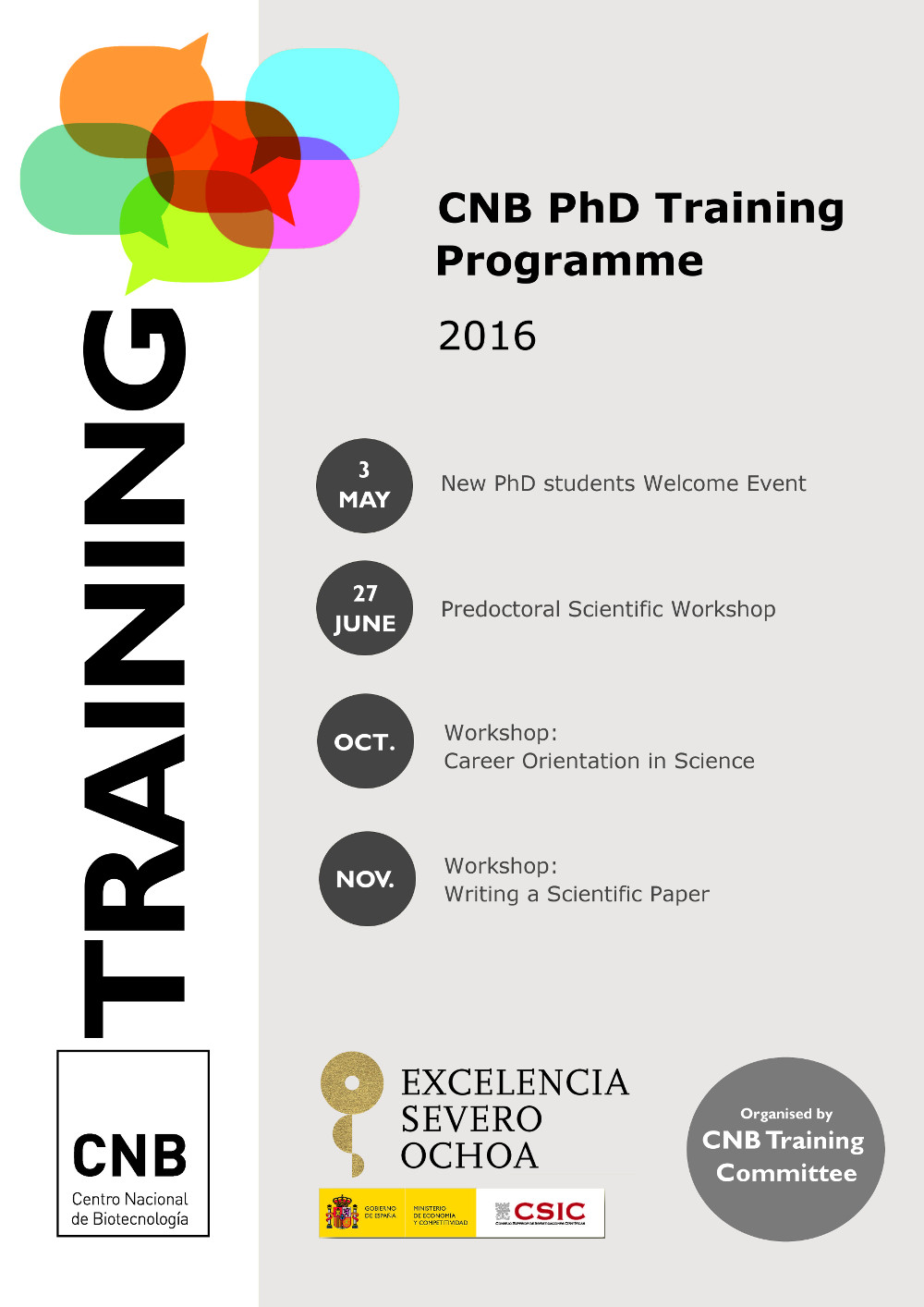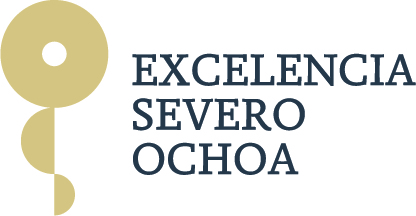 Our ‘Severo Ochoa’ Programme for centres of excellence includes the commitment to improve the training of PhD researchers at the CNB. For this purpose we have created the Training Committee.
Our ‘Severo Ochoa’ Programme for centres of excellence includes the commitment to improve the training of PhD researchers at the CNB. For this purpose we have created the Training Committee.
The Committee assists the CNB Director’s team in the design, implementation and follow up of training programmes. Also, its members serve as first-line contact persons for PhD students who need assistance in solving administrative or academic problems related with their PhD training at the CNB.
In our effort to improve the excellence of the PhD Training Program, we have recently implemented the Thesis Advisory Committee (TAC) at the CNB, based on the Salzburg Principles.
This tool is established in internationally recognized research institutes, and has to main goals:
AIM-1. Pursues to provide a complete individual quality assessment of PhD researchers for their professional growth and thesis achievements
AIM-2. It will help to detect earlier conflicts and problems that otherwise might truncate the thesis success and satisfaction of PhD researchers and supervisors.
The Training Committee is formed by the following representatives of each of the centre’s research departments
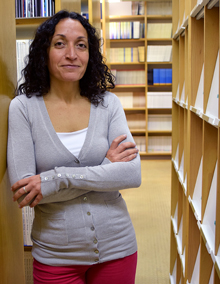
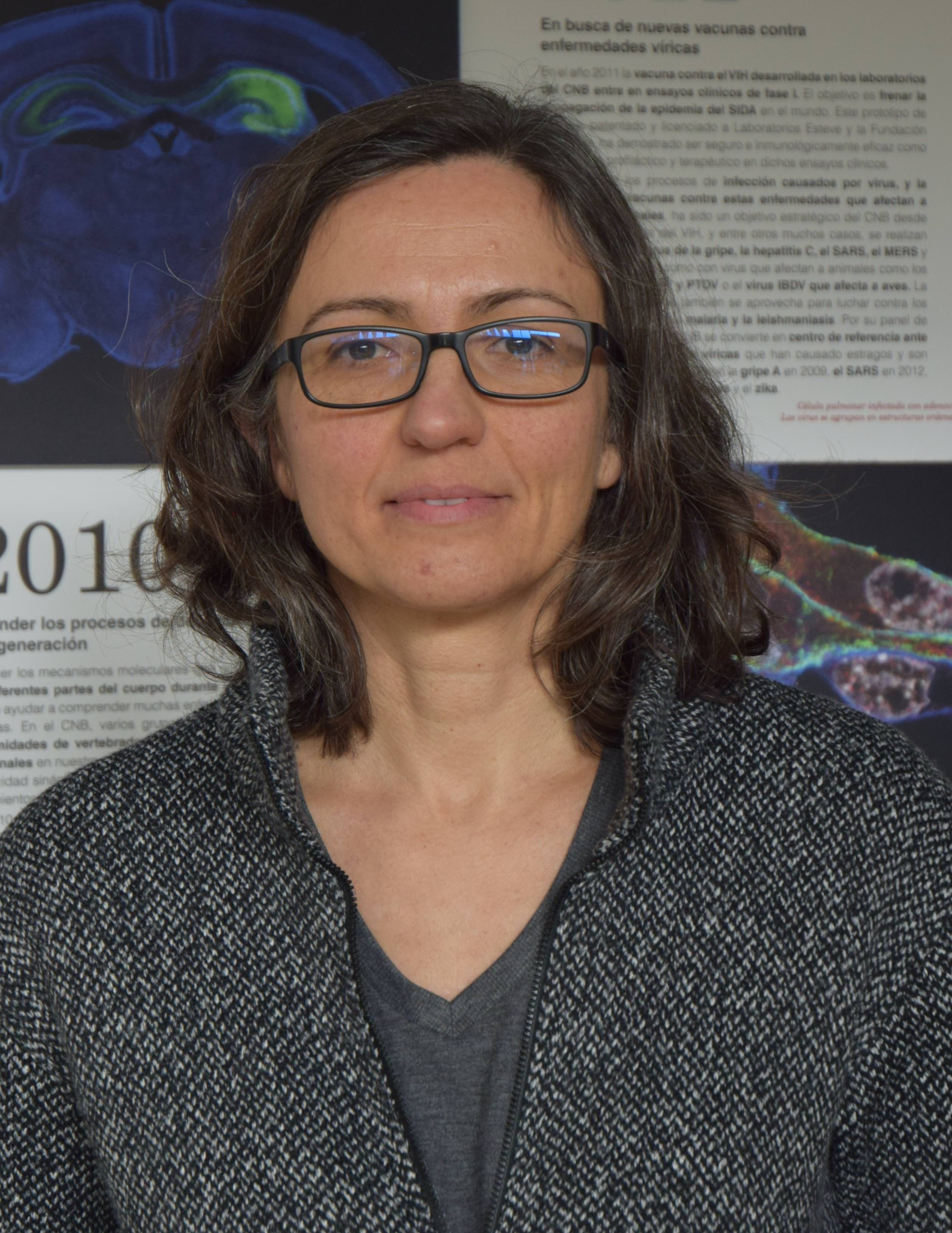
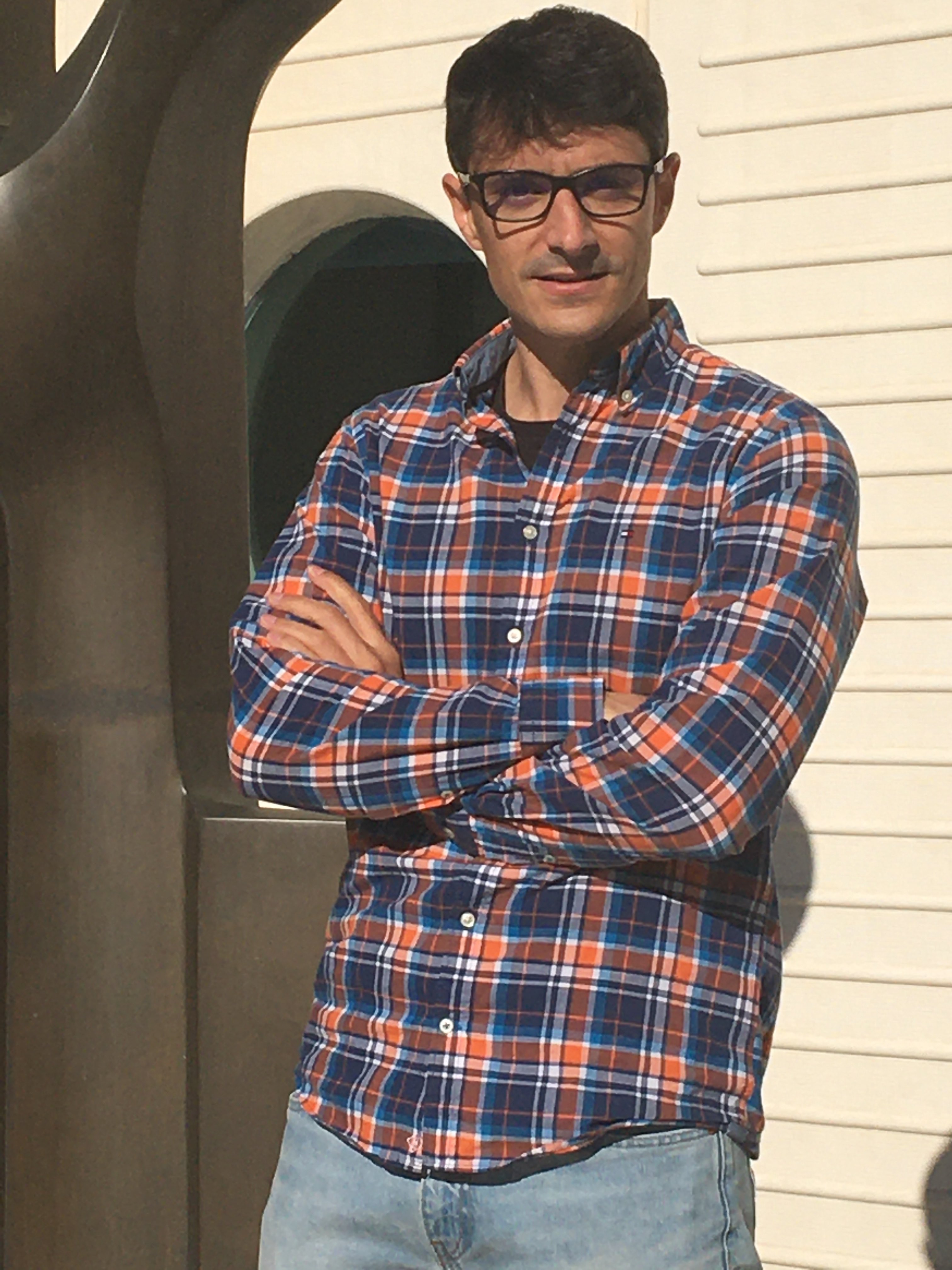
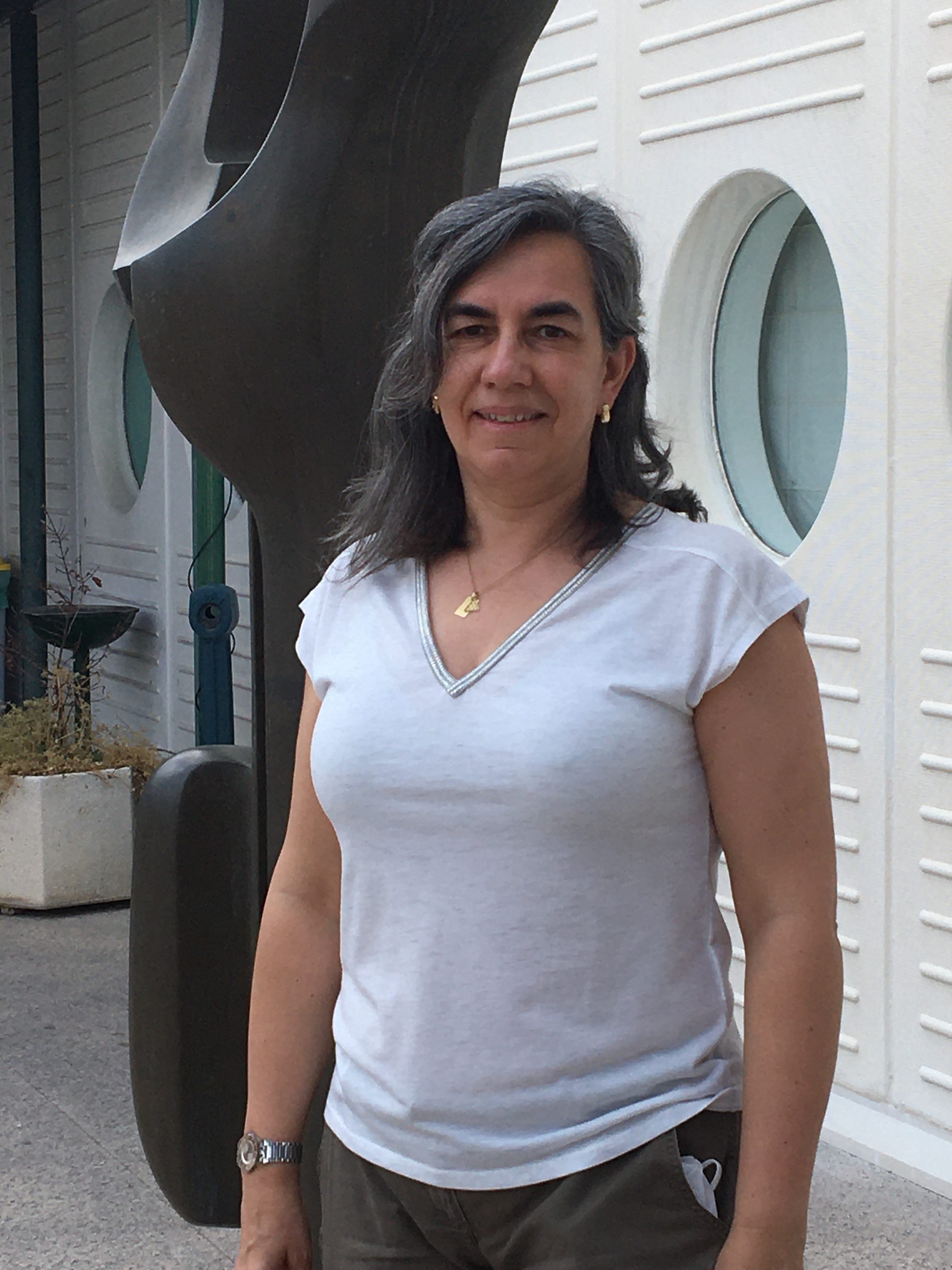
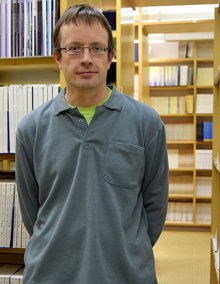
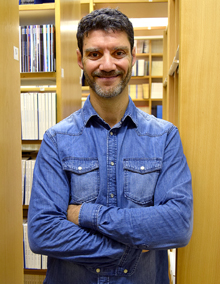
Yolanda Carrasco Sandra Fonseca Alvaro San Millán Inés Antón Mark Van Raaij Javier Tamames
In addition, CNB counts with a Junior Comittee formed by PhD Students representatives of each research department who organises the Junior Seminar Series and collaborates in the development of training activities designed by CNB Training Comittee
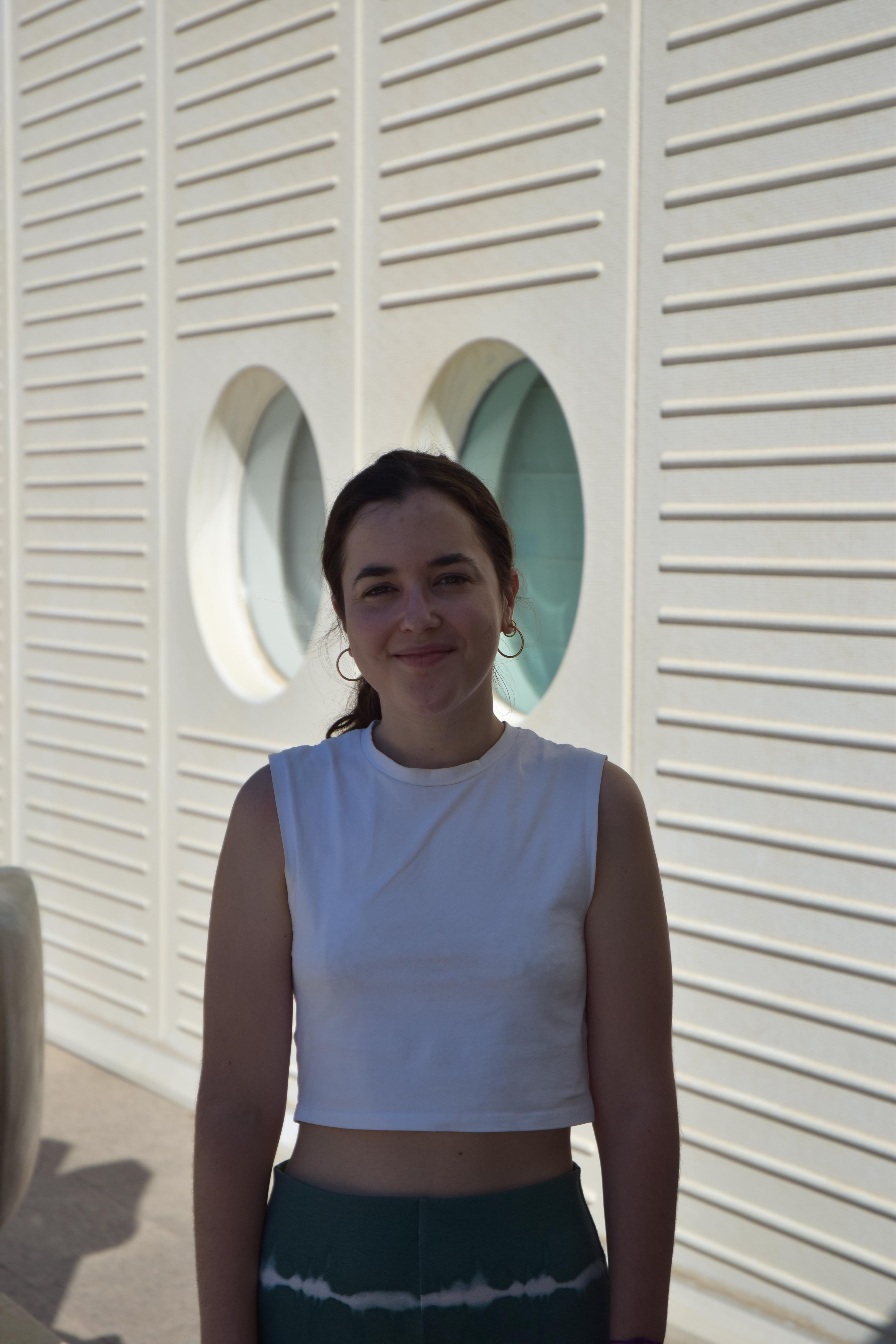
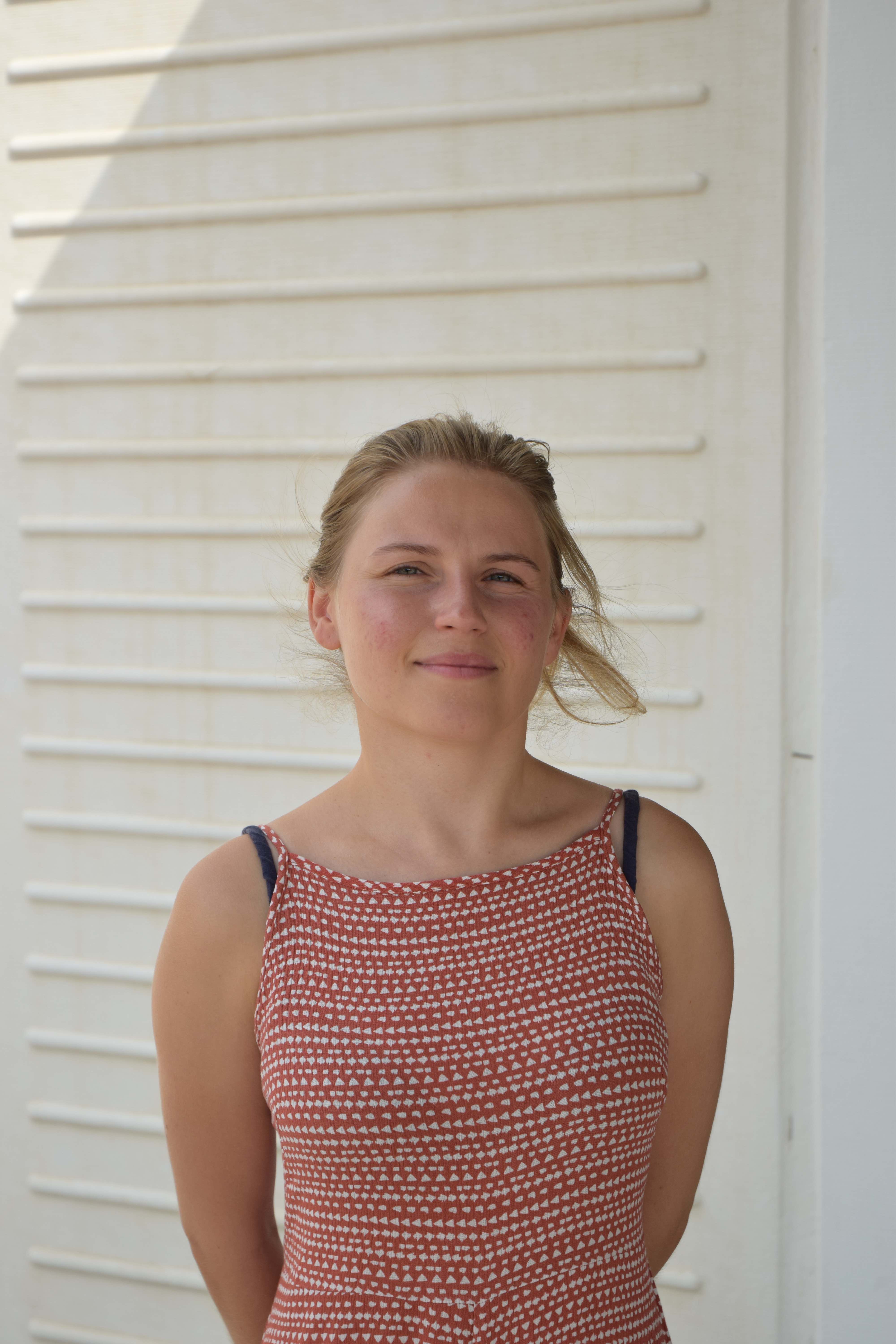
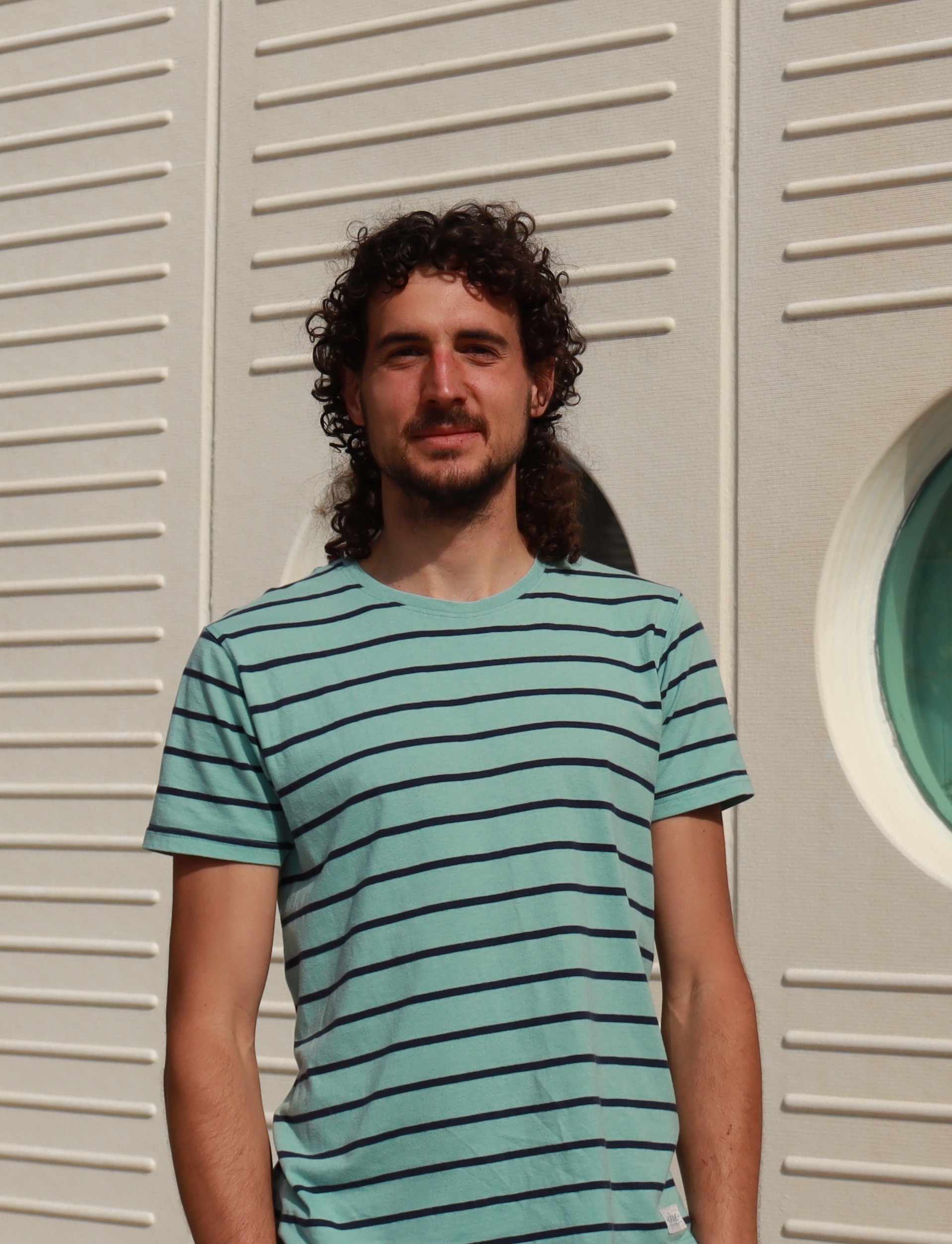
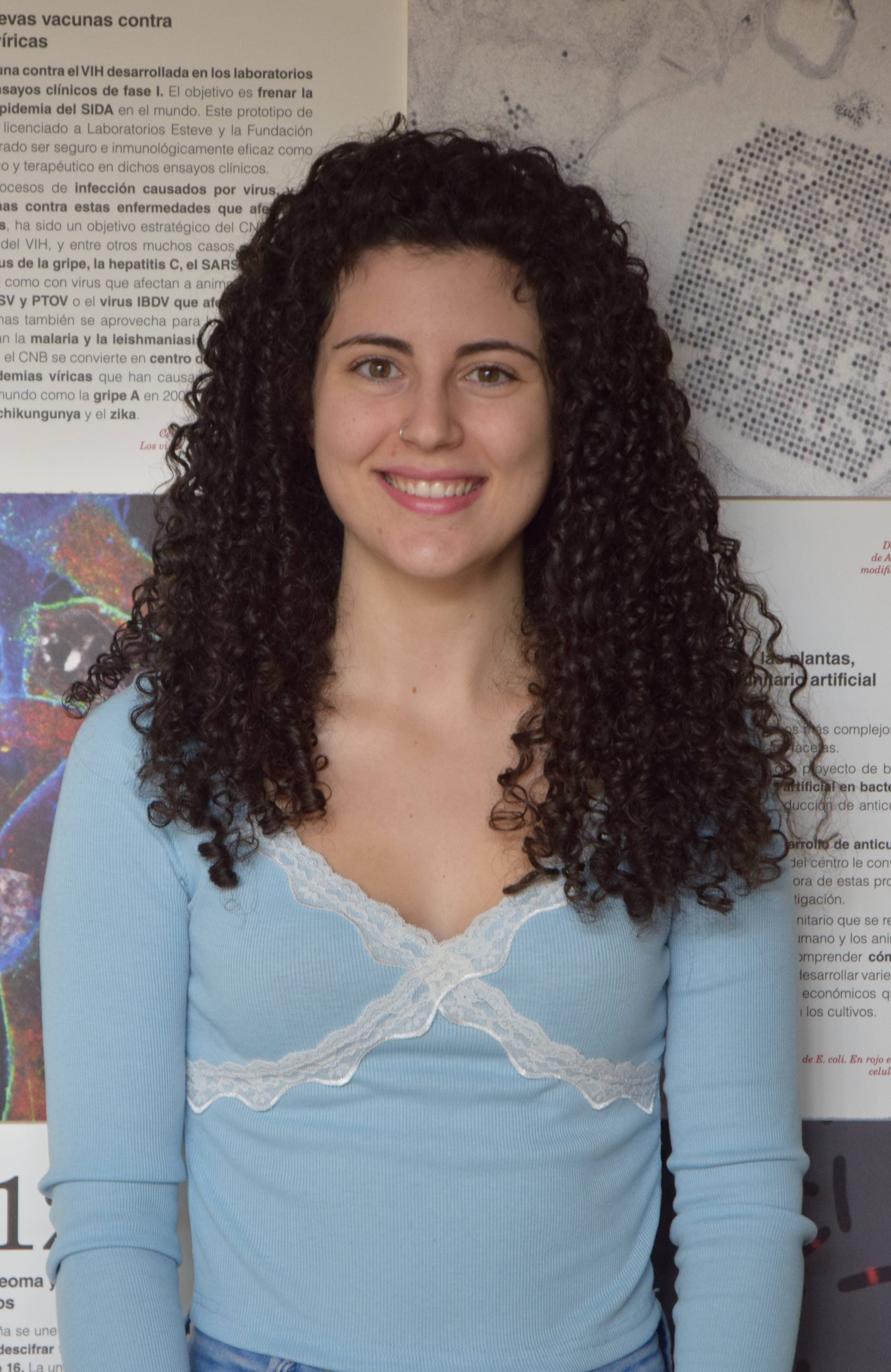
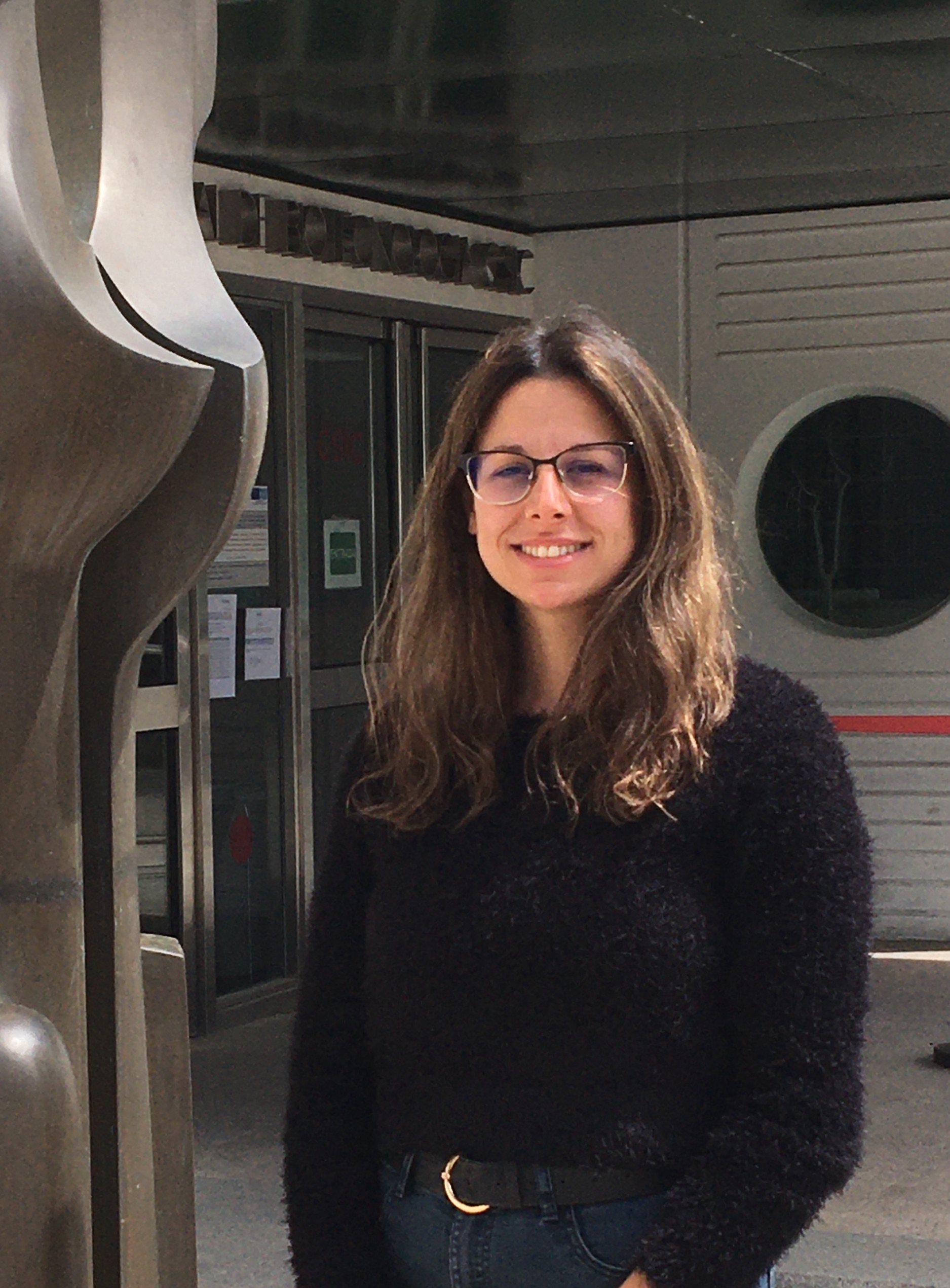
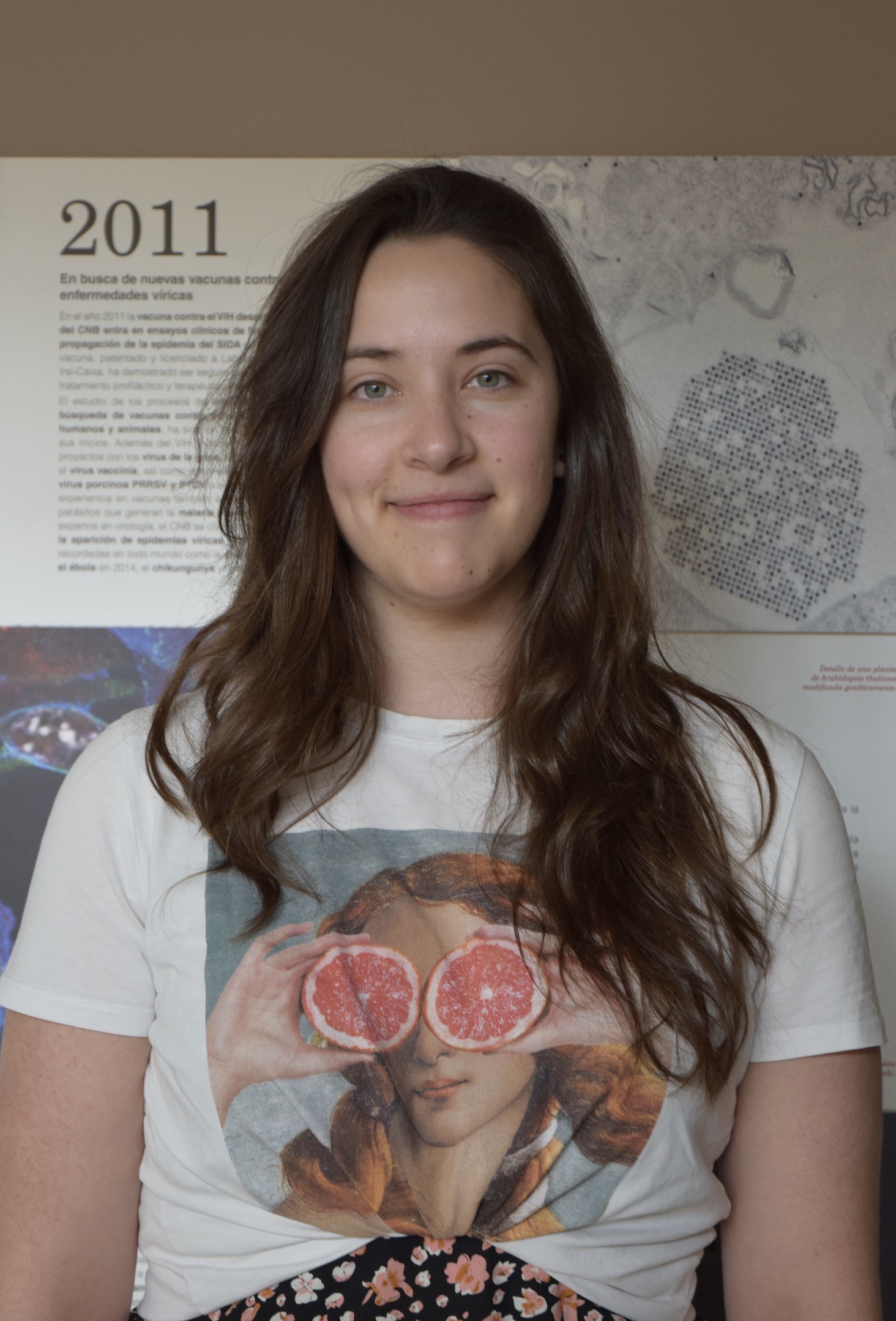
Margarita Ferriz Kateryna Matveyeva Santiago Michavila Gema Castillo Leticia Lucero Isabel Martín
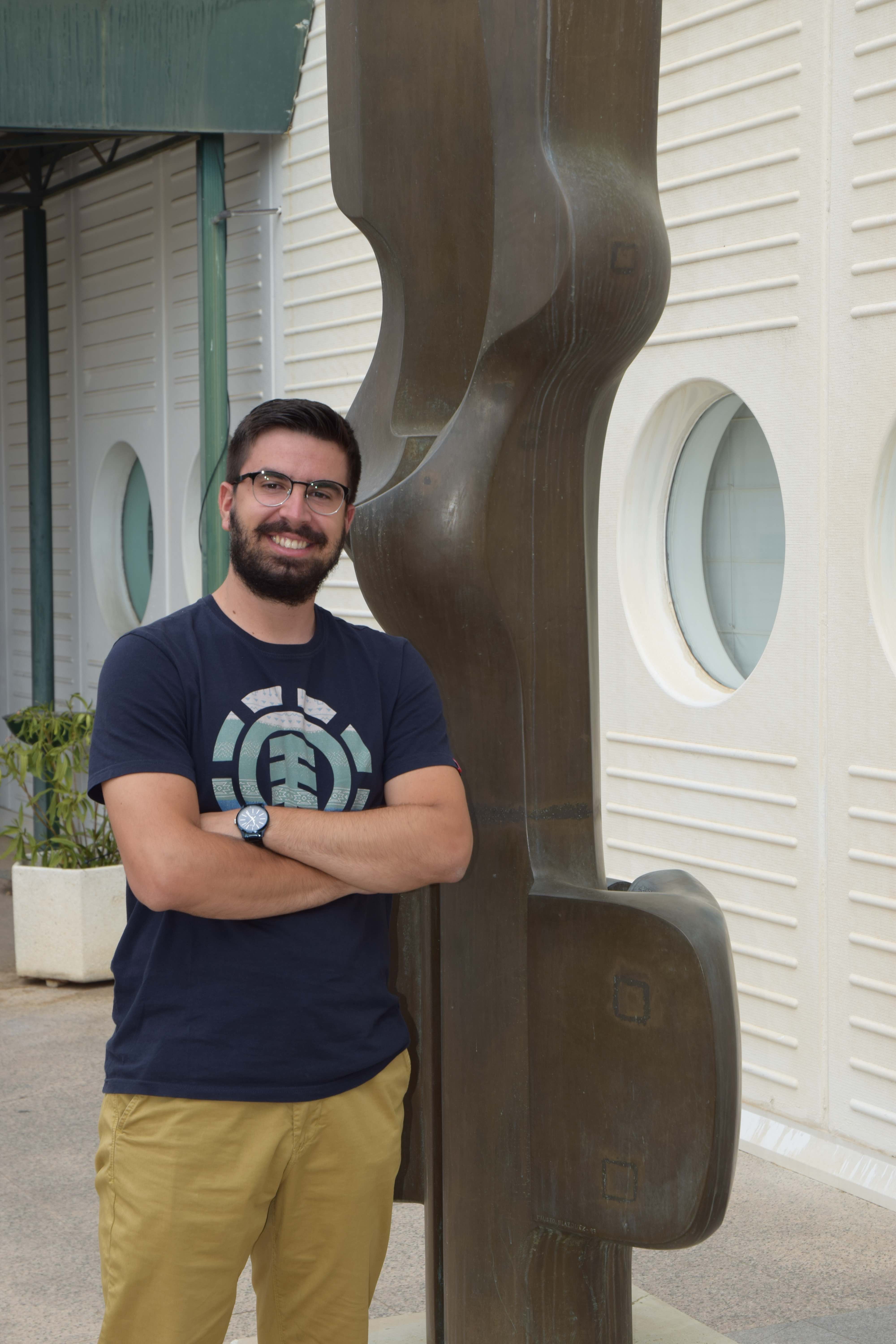
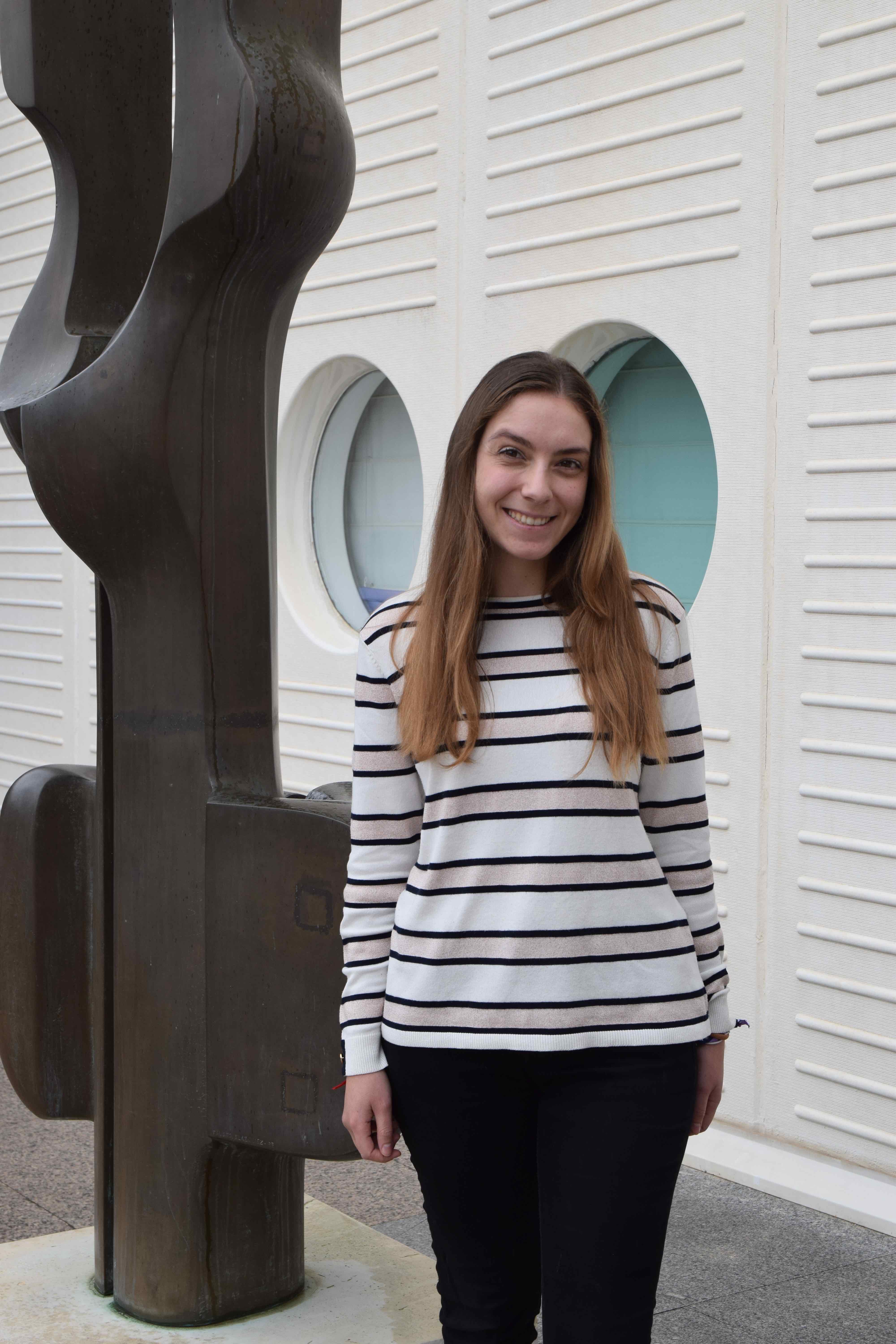

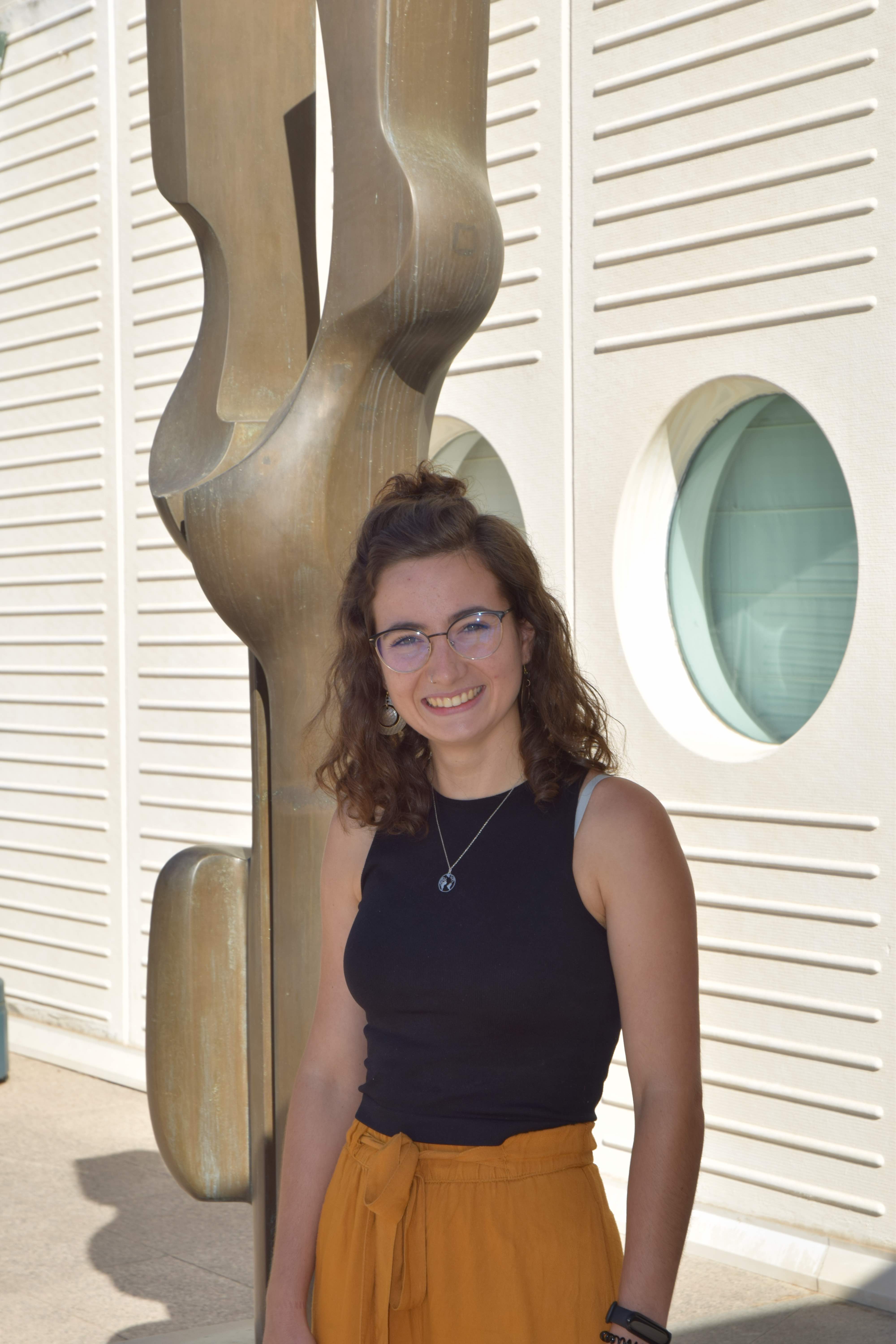
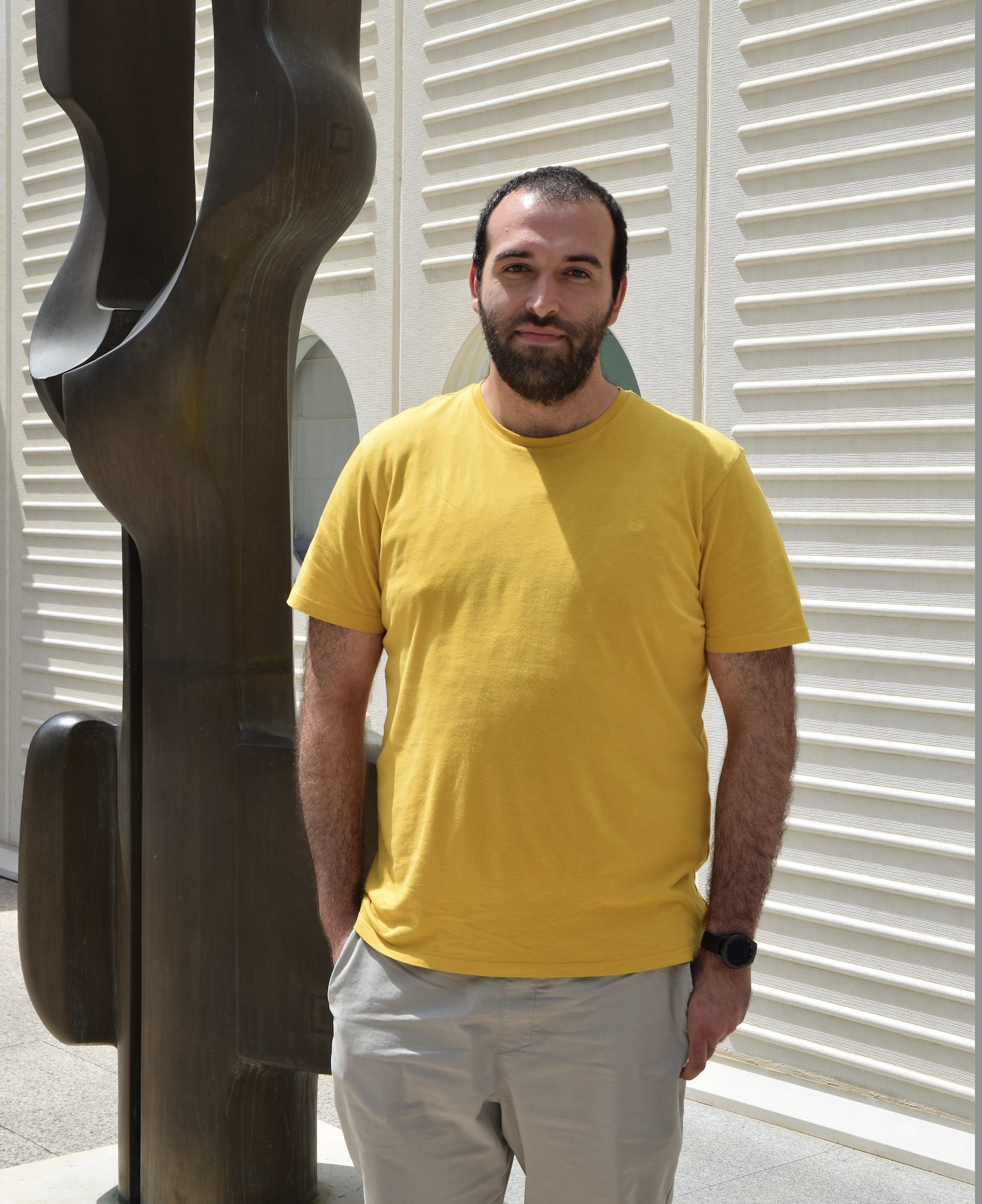

Alfonso Aguilera Emma Diaz Piñero Sergio Pipaon Sara Otaegi Borja Pitarch Álvaro Gómez
Welcome Guide for new PhD Students
Scheduled training activities for 2023-2024:
-
Workshop: “How to plan, design and present your results (23rd-24th January 2024)
-
Workshop: Wellbeing at work, (12th and 26th February 2024, both days attendance´s
required)
- Welcome event: NEW DATE IN MARCH/APRIL (11th April)
-
How to Write a Scientific Article ( 9th and 16th April 2024 (both days attendance´s required)
-
Experimental design and statistical analysis (NEW DATE 19th JUNE 22nd May 2024)
-
Scientific Workshop for PhD Students (4th June 2024)
Scheduled training activities for 2022-2023:
- 4th October 2022: Welcome for new PhD Researchers (I), Susana de Lucas, Inés Antón, Kateryna Matveyeva, Sara Otaegi
- 25th October. Wellbeing at work
- 23-24th January 023: Cómo planificar, estructurar, diseñar y exponer presentaciones científicas
- NEW date: 9th March 2023: Welcome for new PhD Researchers, (II)Susana de Lucas, Inés Antón, Kateryna Matveyeva, Sara Otaegi
- 28th March 2023: How to write a scientific article. Álvaro San Millán
- 24th April 2023: Good practices in animal research. Belén Pintado
- 5th June 2023: VIII PhD Researchers Scientific Workshop
Scheduled training activities for 2021-2022:
- 18-19 October 2021: Cómo planificar, estructurar, diseñar y exponer presentaciones científicas
- 17 November 2021: How to write a Scientific paper, Miguel Vicente
- 1 February 2022: Welcome for new PhD Students, Susana de Lucas, Vicente Rubio, Santiago Michavila
- 11 March 2022: Workshop: Ethics and Integrity in Research, Lluís Montoliu
- 23 May 2022: VII PhD Students Scientific Workshop
Scheduled training activities for 2020-2021:
- 18 November 2020: How to write a Scientific paper
- 5 May 2021: Workshop: Ethics and Integrity in Research
- 29 June 2021:Welcome for new PhD Students and VI PhD Scientific Workshop
- (TBC) September 2021: Workshop "Cómo planificar, estructurar, diseñar y exponer presentaciones científicas"
Scheduled training activities for 2019:
- 7 May 2019: New PhD Welcome Event
- 28 May 2019: How to write a Scientific paper
- 17 June 2019:V PhD Scientific Workshop
- 23-24 September 2019: Workshop "Cómo planificar, estructurar, diseñar y exponer presentaciones científicas"
- NEW DATE! 10 December 22 October 2019: Workshop: Ethics and Integrity in Research
Scheduled training activities for 2018:
- 23-26 April 2018: Workshop "Cómo planificar, estructurar, diseñar y exponer presentaciones científicas"
- 10 May 2018: New PhD Welcome Event
- 11 June 2018: IV Predoctoral Scientific Workshop
- 9 July 2018: Workshop: Ethics and Integrity in Research
Scheduled training activities for 2017:
- 25 May 2017: New PhD Welcome Event
- 9 June 2017: III Predoctoral Scientific Workshop
- 26 and 28 September 2017: Workshop: Writing a Scientific Paper
- 23 &26 April 2018: Workshop: Public Presentation Skills
Scheduled training activities for 2016:
- 3 May 2016: New PhD Welcome Event
- 27 June 2016: II Predoctoral Scientific Workshop
- 6 October 2016: Workshop: Career Orientation in Science
- November 2016: Workshop: Writing a Scientific Paper
Training Activities 2015

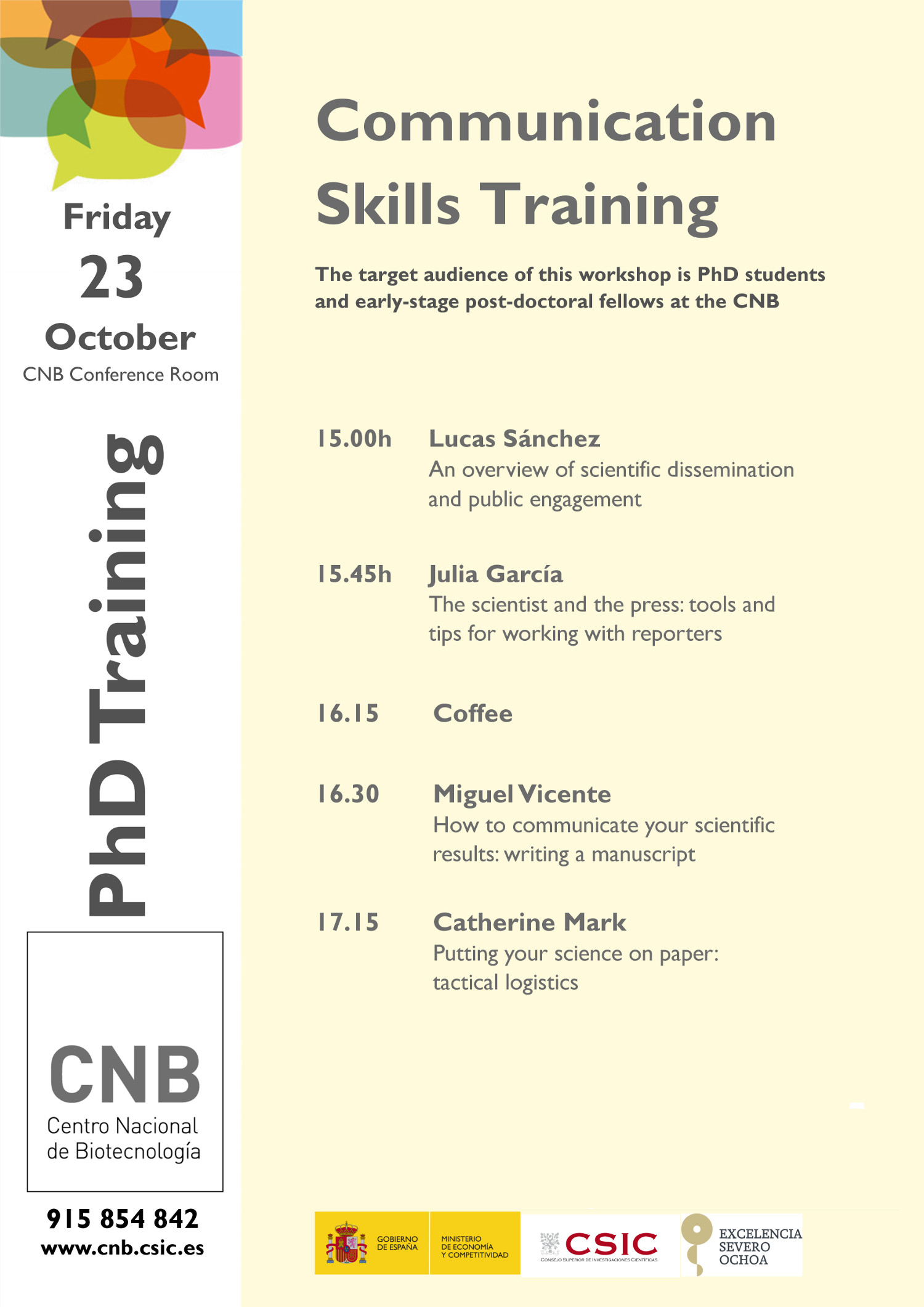
- 19 June: I Predoctoral Scientific Workshop
- 23 October 2015: Communication Skills Tranin

